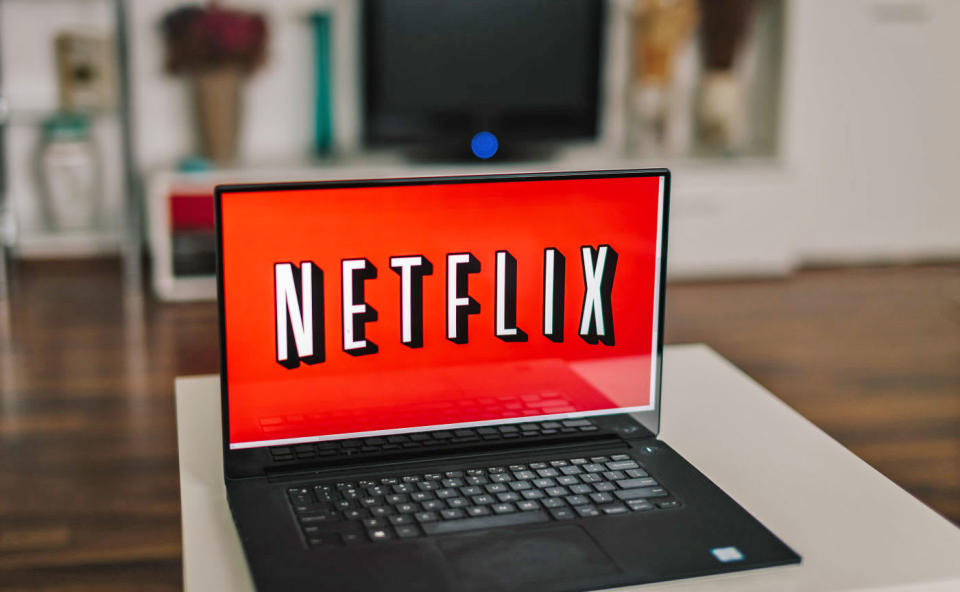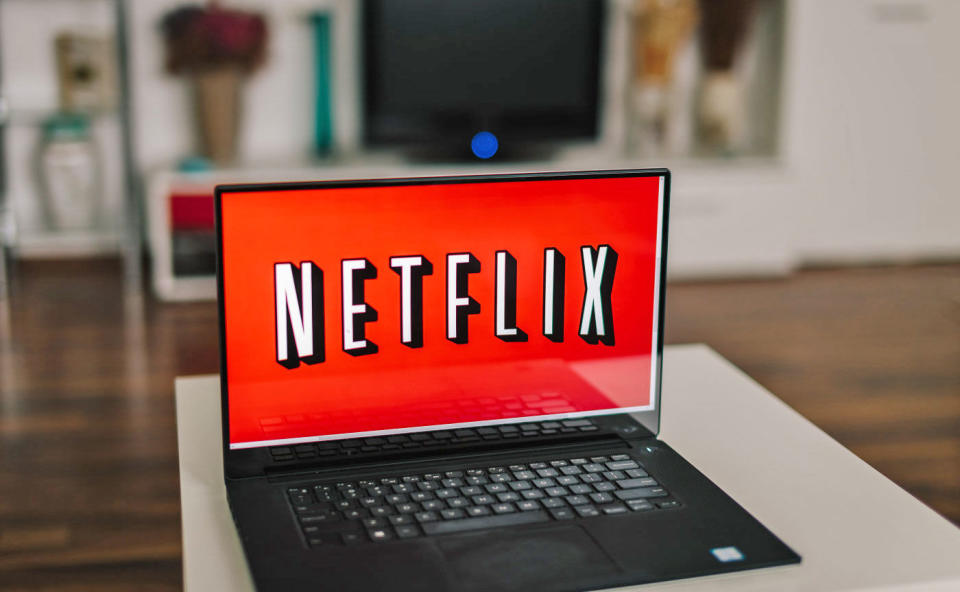UK video streaming subscribers topple pay-TV for the first time
Ofcom findings reveal ‘superfast broadband’ is a key driver.
Popular online streaming services like Amazon Prime and Netflix are for the first time outshining traditional pay-TV in Britain.
Research from UK media regulator Ofcom reveals subscriptions to the UK's top trio of streaming outlets -- Netflix, NOW TV (Sky) and Amazon Prime -- climbed to 15.4 million, while pay-TV fell short at 15.1 million subscriptions. Of the three services, Netflix is the most popular subscription video on-demand option, rising by 32 percent since 2017 to reach 9.1 million UK households by March 2018.
While the popularity of video on-demand (VoD) and subscription video on-demand (SVoD) services is on the rise, the revenue generated (£6.4 billion/$8.4 billion) by Pay-TV operators Sky UK, Virgin TV, BT TV and Talk Talk TV still exceeds that of online audiovisual revenue (£895 million/$1.2 billion) by a significant margin.
Increased uptake of smart TVs, cheaper plans, faster broadband speeds, and a desire to watch exclusive content are cited as common reasons why consumers are slowly turning away from both traditional pay-TV methods. The report also shows the amount of time people spend watching broadcast television has continued to tumble since 2012, and in 2017, fell to approximately three hours on average.
Within the 16-34 demographic, viewers are watching roughly the same amount of video content as all adults, however, less than half of that is broadcast content on TV. There's no denying the allure of being able to binge-watch an original series in any place with accessible WiFi. But the report shows YouTube -- with the versatility of music clips, instructional videos, vlogging and long-form content -- is claiming the biggest slice of the viewing pie.
Although the combined amount of cash BBC, Channel 4, Channel 5 and ITV are pouring into new TV programs -- £2.5 billion/$3.3 billion -- has plunged to a 20 year low, Ofcom Chief Executive Sharon White is confident that UK broadcasters will adapt to compete. With more players making the shift towards video on-demand, Amazon scoring rights to stream Premier League games until 2022, and reports Amazon is planning to release a smart TV with Fire TV, it'll be a tough market to thrive in.



